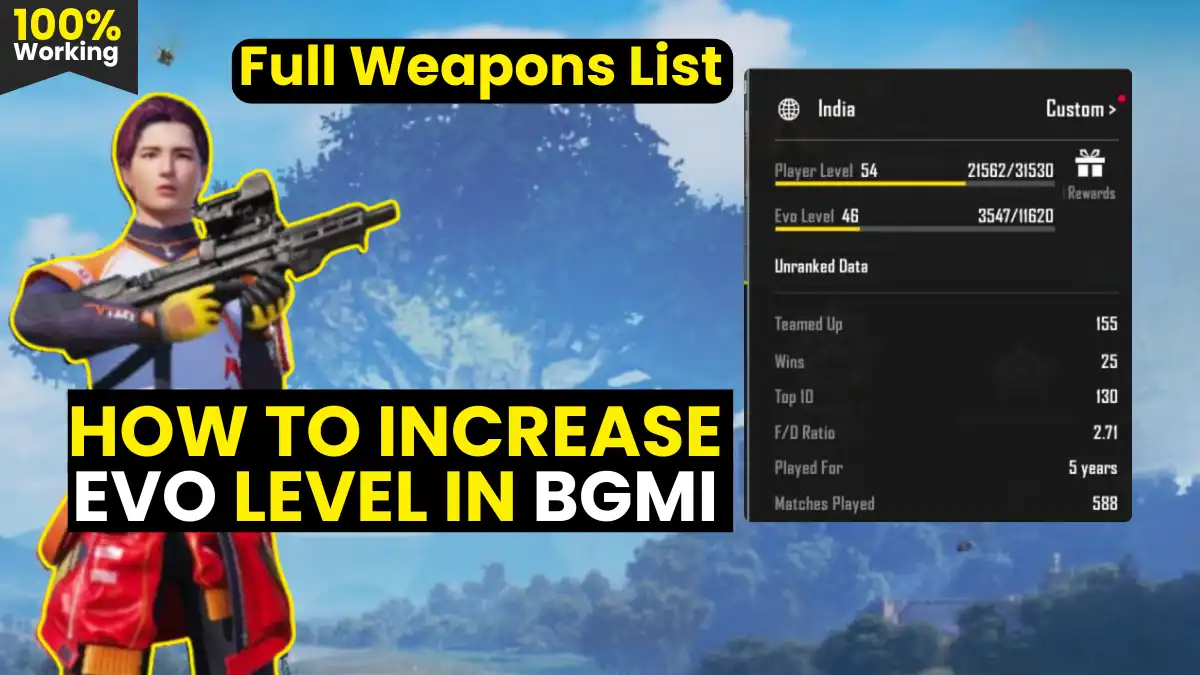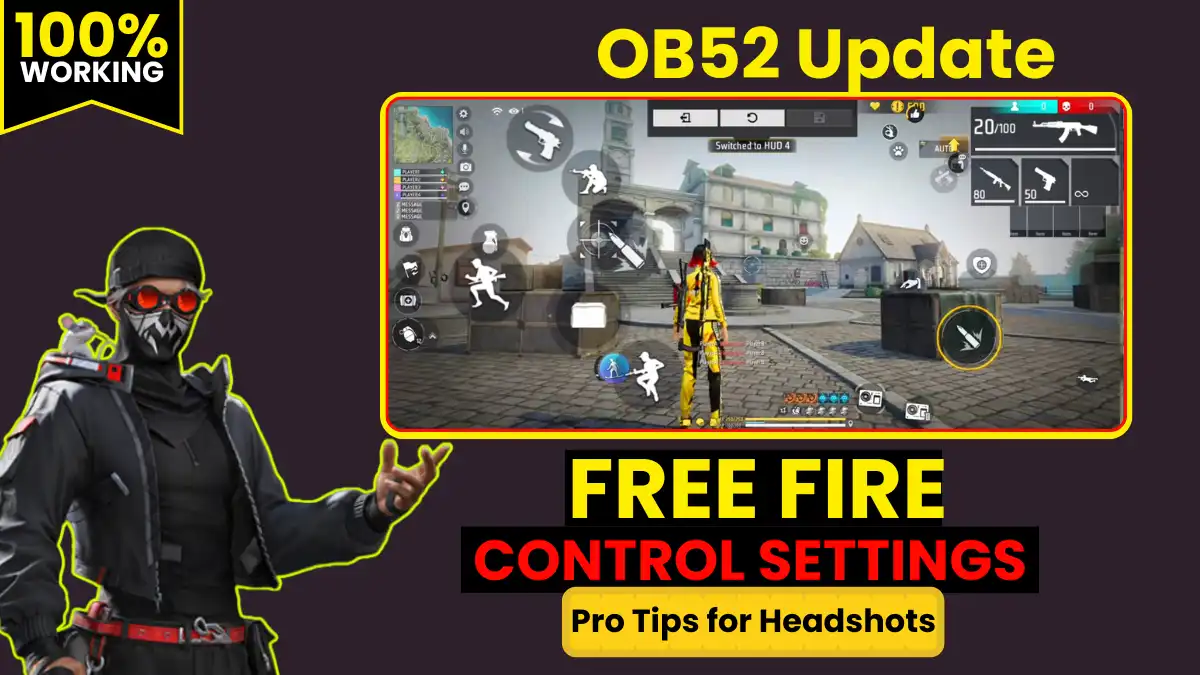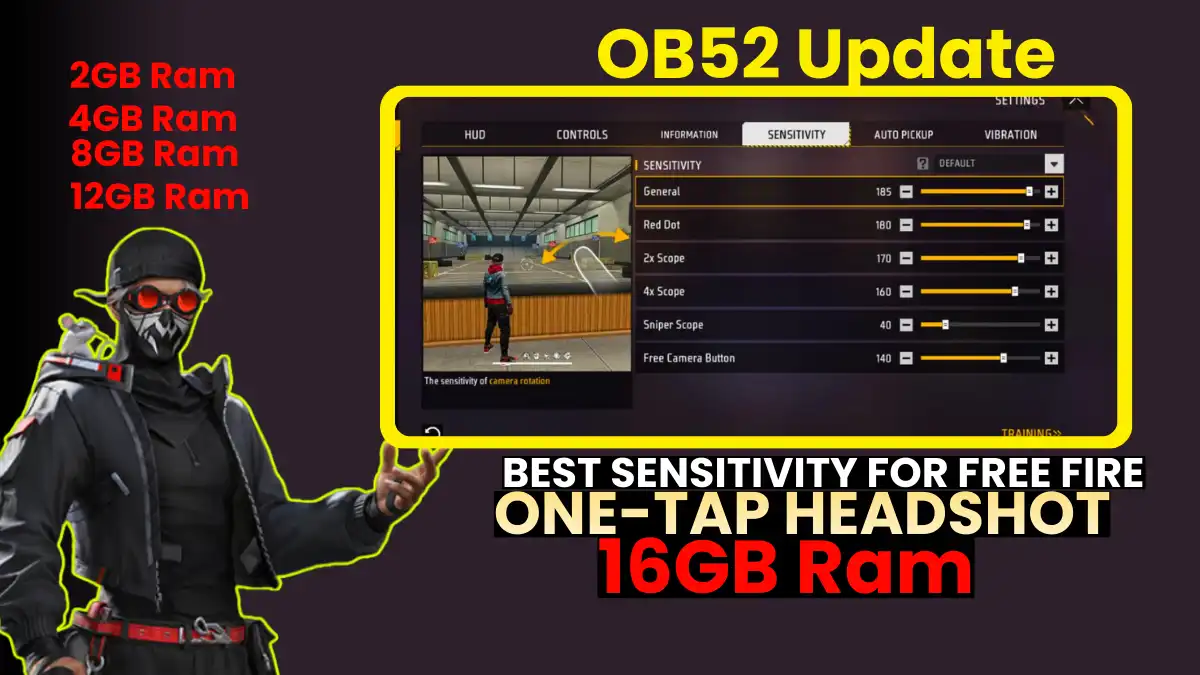How to Get Into Gaming Industry 2024: The gaming industry is one of the most exciting and rapidly growing industries in the world. With new technologies and platforms emerging all the time, there are more opportunities than ever before to get involved in game development, publishing, and marketing.
If you’re passionate about games and have the skills and drive to succeed, then there’s no reason why you can’t make a career in the gaming industry. However, it’s important to be realistic about the challenges involved. The gaming industry is highly competitive, and it can be difficult to break in.
But don’t be discouraged! There are a number of things you can do to increase your chances of success. In this article, we’ll walk you through the steps you need to take how to get into gaming industry in 2024, with a focus on breaking down barriers and promoting diversity and inclusion.
How to Get Into Gaming Industry in 2024
1. Get a degree in a related field.
While it’s not required to have a degree to work in the gaming industry, it can give you a significant advantage. There are a number of colleges and universities that offer degrees in game development, game art, and game design. These programs will teach you the essential skills and knowledge you need to succeed in the industry.
If you’re not able to pursue a degree in a gaming-specific field, there are other degrees that can be relevant, such as computer science, art, and design. However, it’s important to take some courses that are specific to game development, such as game programming, game design, and game art.
2. Build a strong portfolio of work.
One of the best ways to show potential employers that you’re serious about a career in gaming is to have a strong portfolio of work. This portfolio should showcase your skills and talents, and it should demonstrate your passion for games.
The best way to build a portfolio is to create games. You can start by creating small, simple games, and then gradually work your way up to more complex projects. You can also contribute to open source game projects or collaborate with other game developers.
When selecting projects for your portfolio, be sure to choose a variety of different types of games. This will show potential employers that you have a wide range of skills and that you’re able to adapt to different challenges.
3. Network with people in the gaming industry.
Networking is essential in any industry, but it’s especially important in the gaming industry. There are a number of ways to network with people in the gaming industry, such as attending industry events, joining online communities, and reaching out to people directly.
When networking, be sure to be genuine and authentic. People can tell when you’re just trying to schmooze, so it’s important to be yourself and to focus on building relationships.
4. Apply for jobs in the gaming industry.
Once you have a degree, a portfolio, and a network, you’re ready to start applying for jobs in the gaming industry. There are a number of different ways to find gaming job postings, such as online job boards, company websites, and industry publications.
When applying for jobs, be sure to tailor your resume and cover letter to each specific job. Highlight the skills and experience that are most relevant to the position, and be sure to explain why you’re interested in working for the company.

What Types of Jobs are There in The Gaming Industry
There are many different types of jobs in the gaming industry, covering a wide range of skills and disciplines. Here is a brief overview of some of the most common job titles:
- Game developers: Game developers are responsible for creating the core mechanics and gameplay of video games. They may work on a variety of different aspects of game development, such as programming, art, design, and writing.
- Game artists: Game artists create the visual elements of video games, such as characters, environments, and props. They may work in a variety of different styles, from realistic to cartoonish.
- Game designers: Game designers create the overall vision and experience of video games. They work on everything from the game’s story and characters to its levels and challenges.
- Game writers: Game writers write the stories, dialogue, and other text for video games. They work closely with game designers to create a cohesive and engaging narrative experience for players.
- Game producers: Game producers oversee the entire development process of a video game. They are responsible for managing the team, budget, and schedule, and for ensuring that the game meets its goals.
In addition to these core roles, there are many other types of jobs in the gaming industry, such as:
- Quality assurance testers: Quality assurance testers play video games to find and report bugs. They help to ensure that games are released in a polished and playable state.
- Technical support specialists: Technical support specialists help gamers to troubleshoot problems with their games. They may also provide assistance with other gaming-related issues, such as account management and billing.
- Marketing and sales professionals: Marketing and sales professionals promote and sell video games. They work to build awareness of new games and to generate excitement and demand among consumers.
- Community managers: Community managers build and maintain relationships between video game companies and their players. They may engage with players through social media, forums, and other online communities.
- Esports professionals: Esports professionals work in the competitive gaming industry. They may be involved in organizing and running tournaments, casting matches, or managing esports teams.
This is just a small sample of the many different types of jobs available in the gaming industry. With so many different roles to choose from, there is sure to be a job that is a good fit for your skills and interests. Here is the solution How to get into gaming industry.
You may also like Top Gaming Engines of 2023,
Breaking Barriers with Diversity and Inclusion
The gaming industry is becoming increasingly diverse and inclusive, but there are still some challenges that underrepresented groups face. For example, people of color, women, LGBTQ+ people, and people with disabilities are less likely to be employed in the gaming industry than their white, male, cisgender, and able-bodied counterparts.
There are a number of things that can be done to break down barriers and promote diversity and inclusion in the gaming industry. For example, companies can provide unconscious bias training to their employees, establish mentorship programs, and implement diversity hiring initiatives. Additionally, game developers can design games that are inclusive of all players.
Here are some specific tips for breaking down barriers and promoting diversity and inclusion in the gaming industry:
- Be aware of your own biases. We all have unconscious biases, but it’s important to be aware of them so that we can avoid letting them influence our decisions. There are a number of resources available to help you learn more about unconscious bias and how to mitigate it.
- Be an ally. If you’re not a member of an underrepresented group, you can still be an ally by speaking out against discrimination and by supporting underrepresented groups in the gaming industry.
Conclusion
Getting into the gaming industry is not easy, but it is possible with hard work, dedication, and the right skills. By following the tips in this article, you can increase your chances of success and help to break down barriers and promote diversity and inclusion in the gaming industry.
Here are some additional tips for how getting into gaming industry in 2024:
- Stay up-to-date on the latest trends and technologies. The gaming industry is constantly evolving, so it’s important to stay up-to-date on the latest trends and technologies. You can do this by reading industry publications, attending industry events, and following gaming companies and developers on social media.
- Be willing to learn new things. The gaming industry is constantly changing, so it’s important to be willing to learn new things. This may involve taking classes, reading books, or watching tutorials.
- Be persistent. Don’t give up if you don’t get your dream job right away. Keep applying for jobs and networking with people in the industry. Eventually, you will find the right opportunity for you.
The gaming industry is a great place to work, and it’s a field that is open to people of all backgrounds. If you’re passionate about games and have the skills and drive to succeed, then there’s no reason why you can’t make a career in the gaming industry. I hope this guide how getting into gaming industry helps you a lot.














